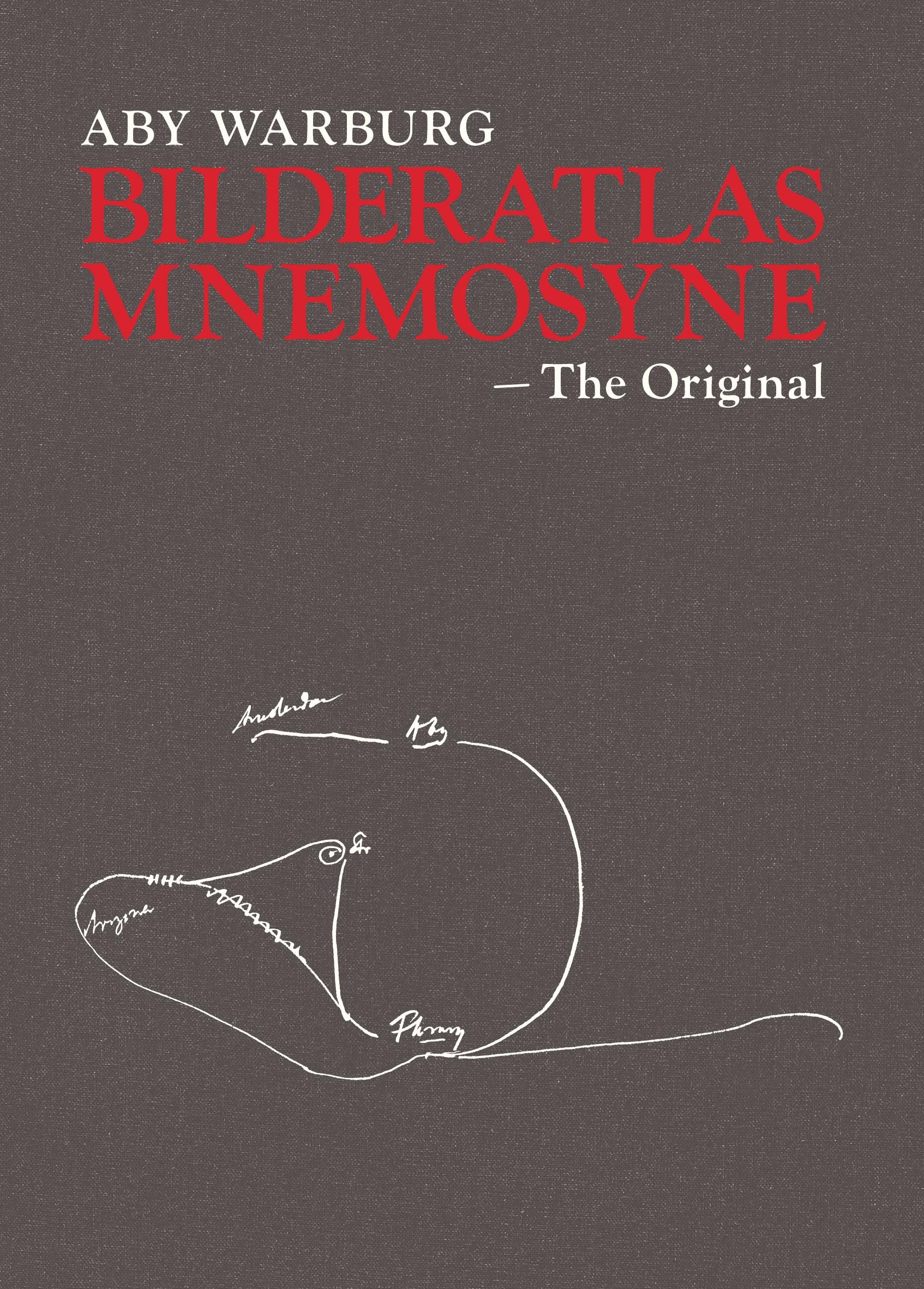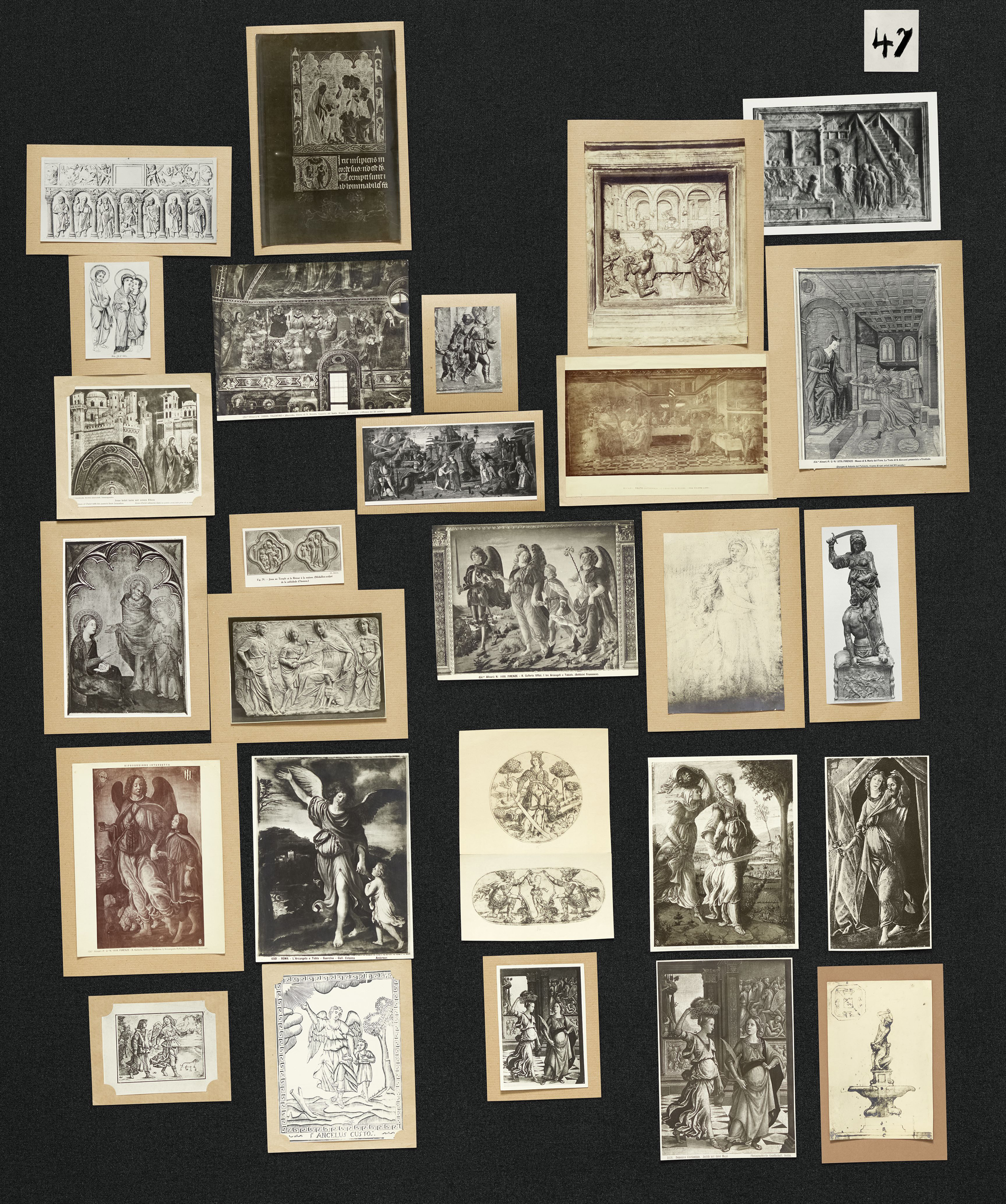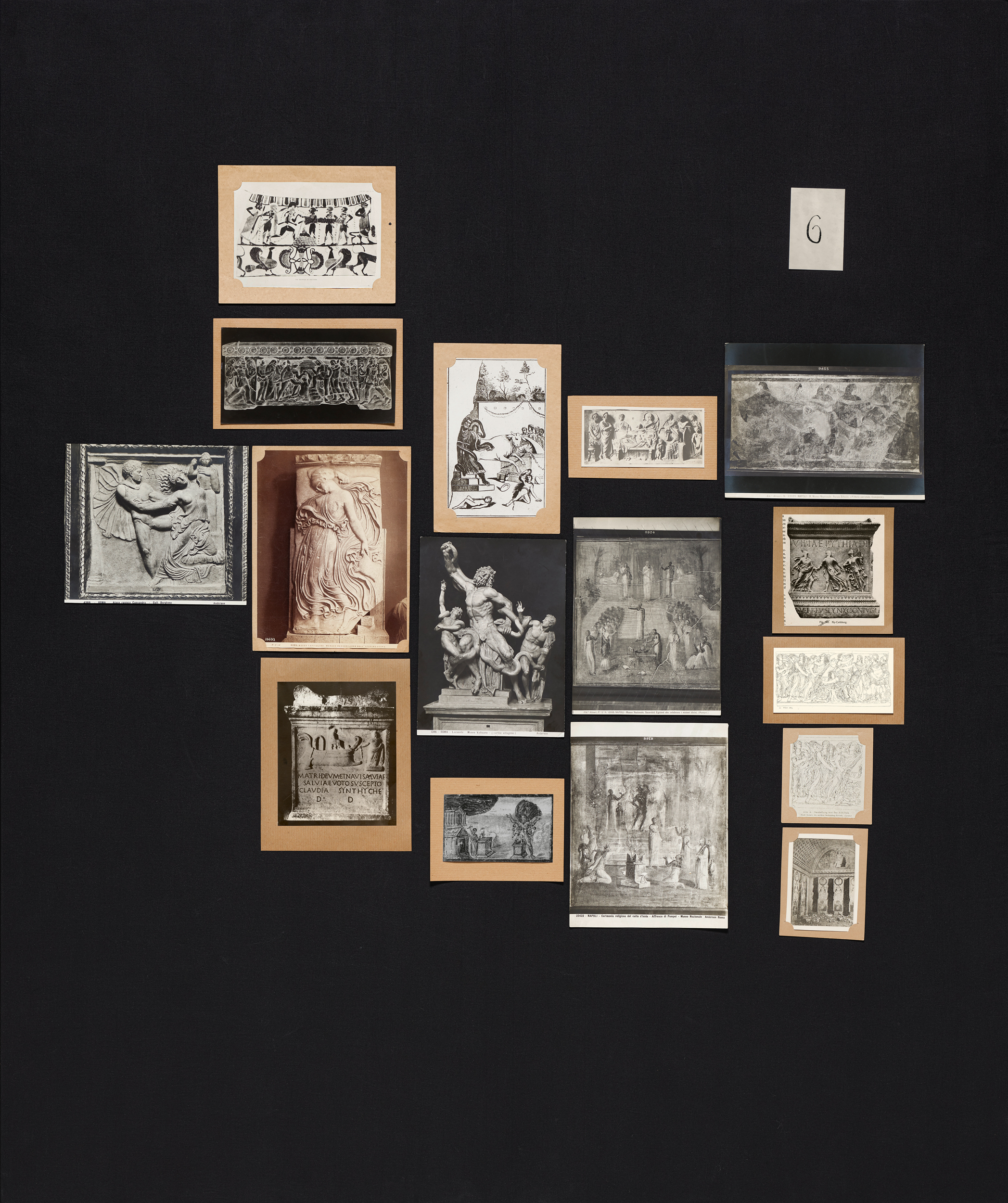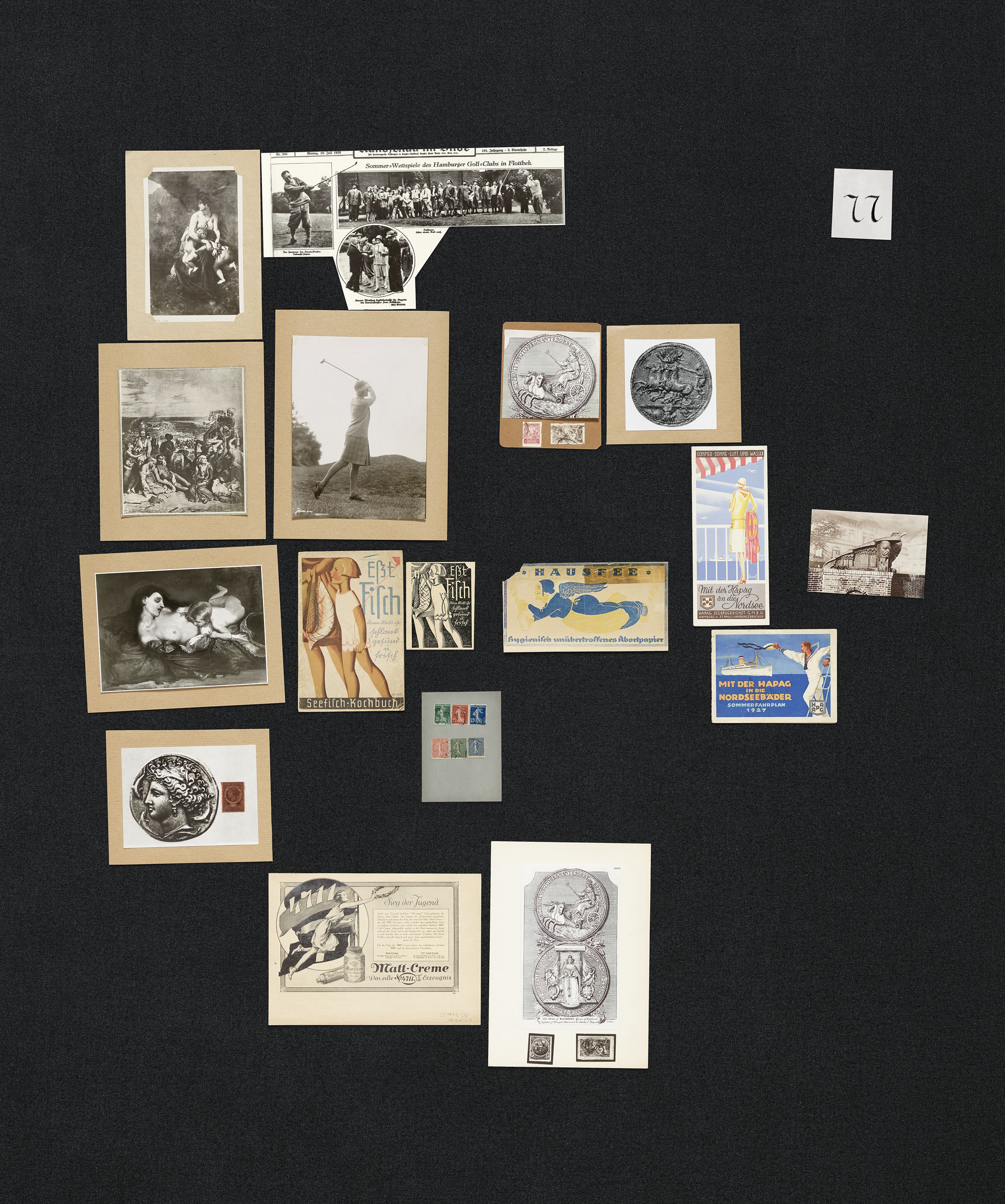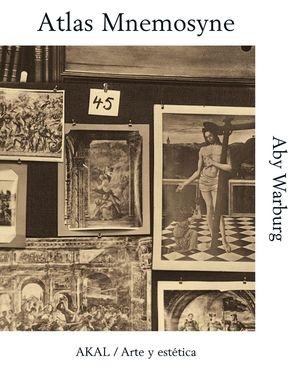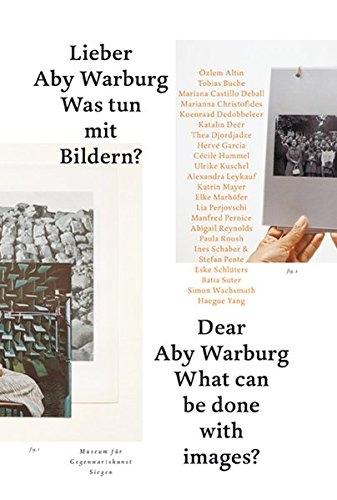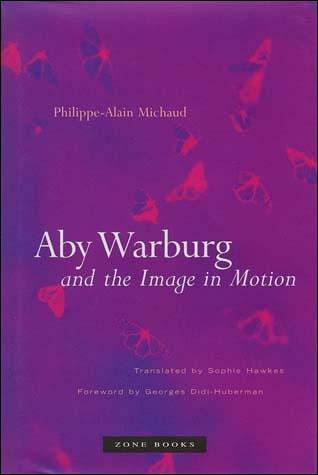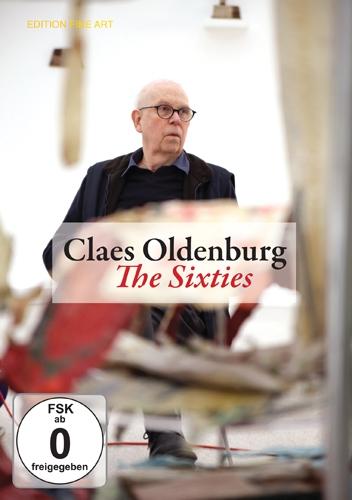Aby Warburg: Bilderatlas Mnemosyne: The Original
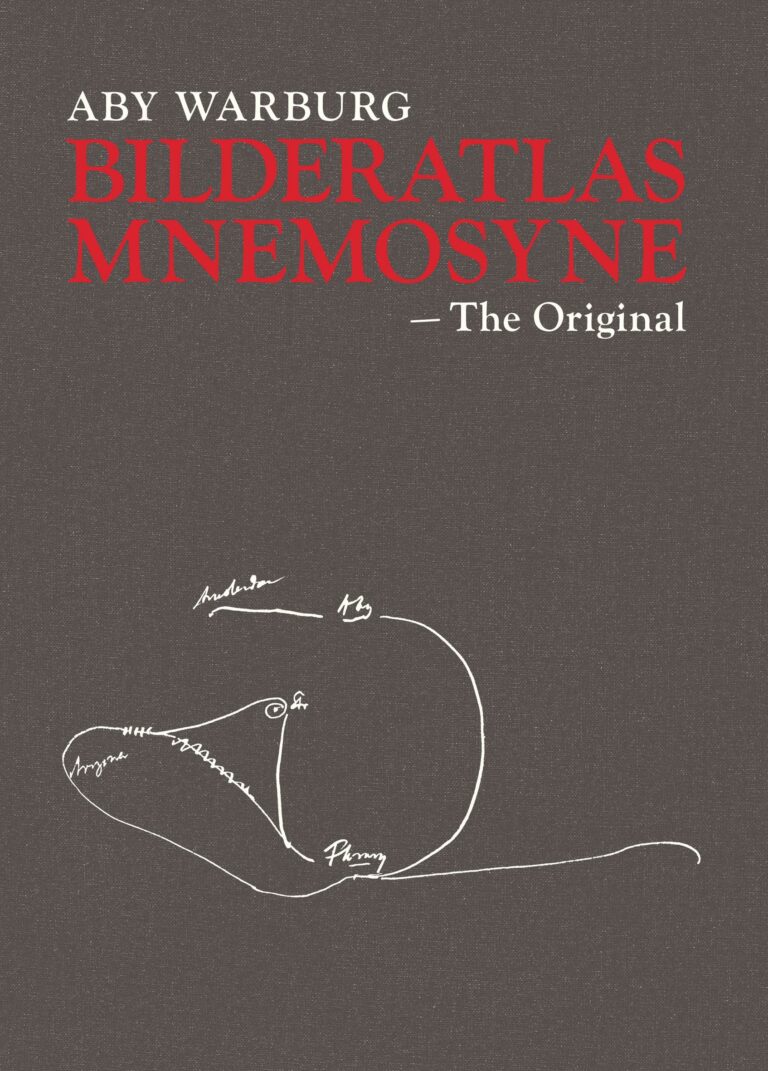
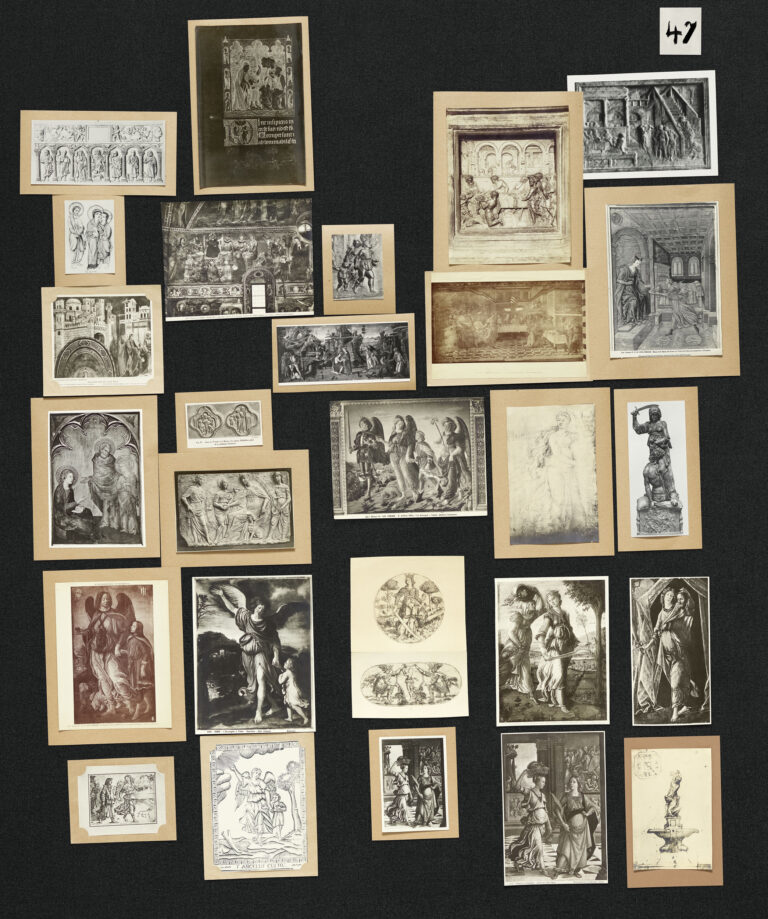
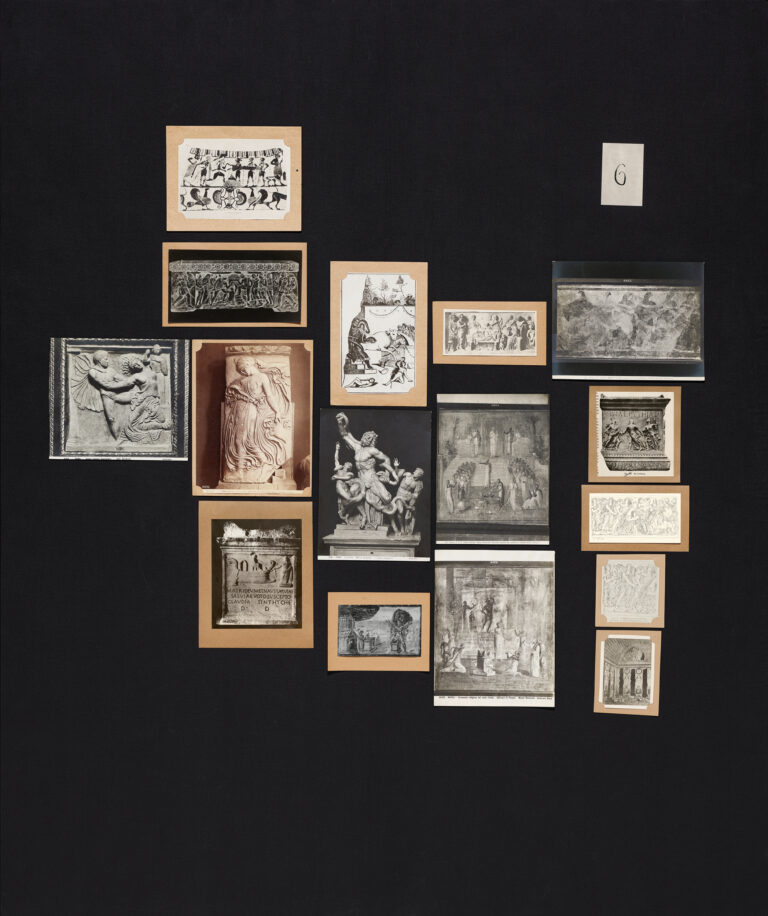
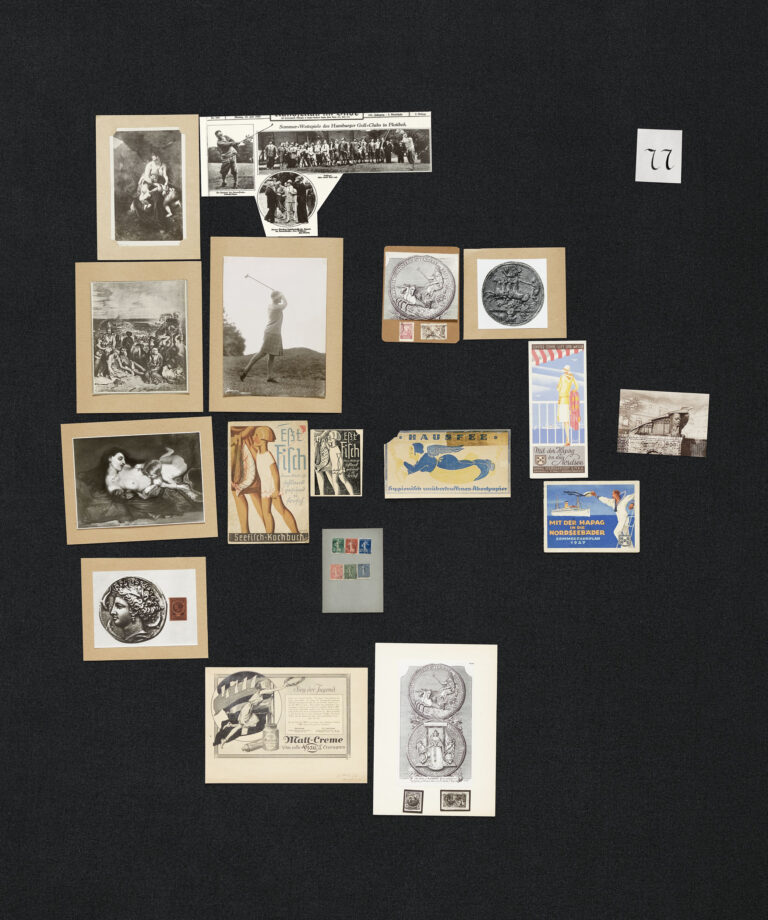
From 1925 until his death in 1929 the Hamburg-based art and cultural scholar Aby Warburg worked on his Mnemosyne Atlas, a volume of plates that has, in the meanwhile, taken on mythical status in the study of modern art and visual studies. With this project, Warburg created a visual reference system that was far ahead of its time. In cooperation with the Warburg Institute, Roberto Ohrt and Axel Heil have now undertaken the task of finding all of the individual pictures from the atlas and displaying these reproductions of artworks from the Middle East, European antiquity, and the Renaissance in the same way that Warburg himself showed them, on panels hung with black fabric. This folio volume and the exhibition in Haus der Kulturen der Welt, Berlin succeed in restoring Warburgs vanished legacysomething that researchers have long considered impossible.
?ABY WARBURG (18661929), scion of a Hamburg banking family, completed his doctorate in 1892 on the Italian Renaissance painter Sandro Botticelli. As a result, he comprehensively studied the interplay of myths, images and rites from different cultural contexts. This lead him to his main subject matter: the afterlife of antiquity in the Renaissance. With his attempt to break down the rigid boundaries of art history, Warburg is regarded as one of the fathers of modern pictorial science.
The art historian ROBERTO OHRT (*1954) and the artist AXEL HEIL (*1965) have searched through the 400,000 individual pictures in the Photographic Collection at the Warburg Institute in London, looking for the images for the atlas. Their work is a comprehensive tribute to Aby Warburgs pictorial world.
Out of stock
Out of stock

